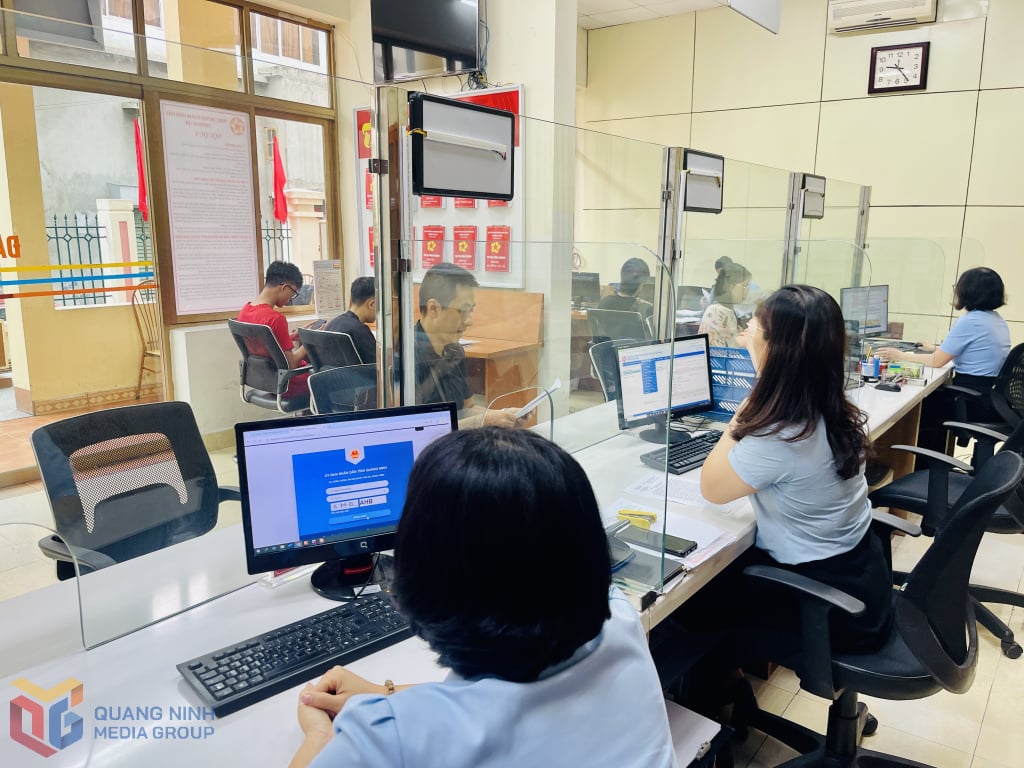
In recent times, although the province has had many policies to attract talent, there are still some contents that need to be further improved, such as policies that do not clearly and specifically stipulate key industries and fields that need to be prioritized to attract according to the province's socio -economic development orientation; some regulations on standards and conditions for attraction are still relatively high (requiring excellent graduates, young scientists), leading to a small number of individuals eligible for benefits. In the period 2015-2020, the province has only attracted 21 cases, making the human resources specializing in science and technology, information technology and digital transformation in the system of state agencies of the province still limited. Most of the human resources holding related positions have to take on many jobs, while the nature of the work requires deep expertise, regular updating of new knowledge, new skills...
On the basis of thoroughly grasping the spirit of Resolution No. 57-NQ/TW (dated December 22, 2024) of the Politburo on breakthroughs in science and technology development, innovation and national digital transformation and related resolutions and directions of the Government, the province clearly identifies the need to build a team of civil servants with the capacity to perform state management of science and technology, helping to access, select, deploy scientific and technological achievements and digital transformation to effectively apply to local socio-economic development.
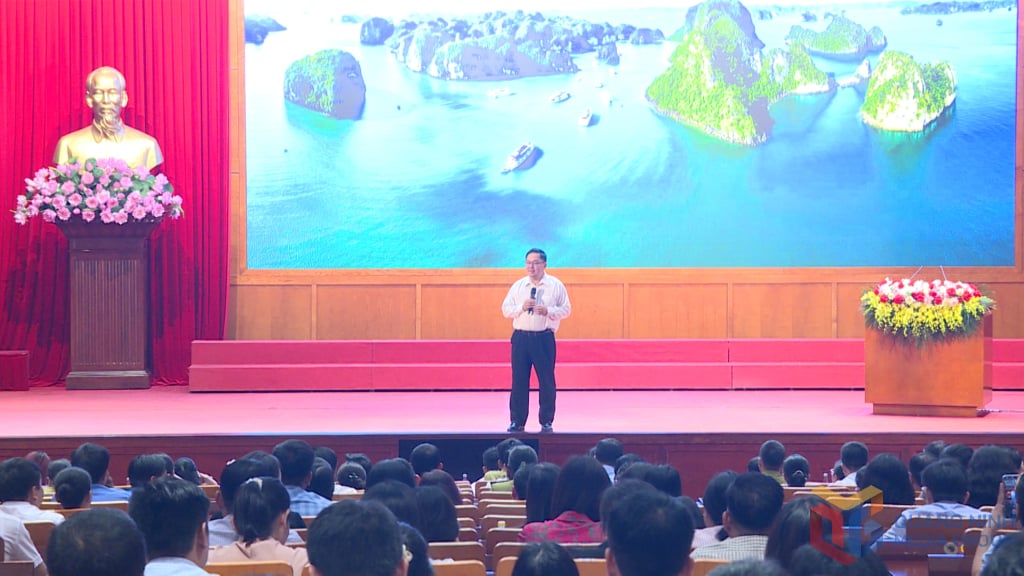
At the 29th session of the 14th Provincial People's Council, a resolution was passed regulating policies to attract and support human resources in science and technology, innovation and digital transformation in agencies under the provincial political system for the period 2025-2030. This is one of the first policies at the provincial level nationwide to fully institutionalize the Central Government's viewpoint on developing high-quality human resources associated with digital transformation, which is inclusive, synchronous and oriented towards practical effectiveness.
Accordingly, the province will synchronously implement 4 groups of policies including: Attraction policy; support policy; postgraduate training policy; support policy for using artificial intelligence (AI) tools.
The subjects of application include the staff of civil servants, lecturers, scientists and excellent students recruited to work in Party agencies, government, Fatherland Front, socio-political organizations, and public service units in the province. Specifically, the level of support for attracting high-quality human resources ranges from 300 million to 2 billion VND/person/time depending on the level of education and position (Professor, Associate Professor, Doctor, Master, excellent students...). The attracted people are also supported with additional monthly income, housing rental support at the rate of 2.5-3 million VND/month for 5 years, along with other preferential policies.
For the working team, those who directly advise and implement tasks on science and technology and digital transformation are supported from 2-9 million VND/person/month. In particular, civil servants directly responsible for information technology at the commune level are supported with 6 million VND/person/month. In addition, the postgraduate training policy has a very specific and practical support level, from 100 million VND (studying for a Master's degree in the country) to 2 billion VND (studying for a PhD abroad). For cadres who are ethnic minorities, the support level is increased by 1.5 times compared to the normal level.
In particular, the province pioneered the introduction of a financial support policy for the application of artificial intelligence in public service, with a maximum support level of 1 million VND/month for each unit and individual deploying AI software for professional work. The total estimated cost of implementing the above policies in the 2025-2030 period is over 330 billion VND, allocated from the local budget according to current decentralization. This is a strategic investment, demonstrating Quang Ninh's vision and responsibility for the province's sustainable development in the future.
Comrade Bui Thi Huyen Trang, Chairman of the People's Committee of Ha Lam Ward, said: Currently, the ward is lacking skilled human resources in the field of IT to advise the ward on digital transformation work and recruiting human resources in this position is also very difficult. The policy of attracting and supporting human resources will help create an environment for talented people to choose and stay with the province as well as localities for a long time. In the long term, a high-quality human resource that is well-trained and nurtured is the foundation for a digital government that operates flexibly and transparently, aiming to serve people and businesses more and more effectively.
Not simply a preferential policy, the issuance of this resolution is also a strategic step of the province to gradually improve the quality of the staff, civil servants and public employees in the political system, especially in the context of implementing the 2-level local government model, strengthening the team of specialized human resources will help agencies and units better perform their advisory role, organize the implementation of science and technology development tasks, promote innovation and realize the goal of comprehensive digital transformation.
Source: https://baoquangninh.vn/thu-hut-nhan-luc-chat-luong-cao-ve-khoa-hoc-cong-nghe-3367316.html





![[Photo] Prime Minister Pham Minh Chinh receives Minister of Foreign Affairs and Cooperation of Timor-Leste](https://vphoto.vietnam.vn/thumb/1200x675/vietnam/resource/IMAGE/2025/9/16/b0e99fd9a05846e4b6948c785d51d51f)
![[Photo] General Secretary To Lam receives Assistant to the President of Russia, Chairman of the Federal Maritime Council of Russia Nicolai Patrushev](https://vphoto.vietnam.vn/thumb/1200x675/vietnam/resource/IMAGE/2025/9/16/813bd944b92d4b14b04b6f9e2ef4109b)
![[Photo] General Secretary To Lam attends the National Conference to disseminate and implement 4 Resolutions of the Politburo](https://vphoto.vietnam.vn/thumb/1200x675/vietnam/resource/IMAGE/2025/9/16/70c6a8ceb60a4f72a0cacf436c1a6b54)
![[Photo] National conference to disseminate and implement 4 Resolutions of the Politburo](https://vphoto.vietnam.vn/thumb/1200x675/vietnam/resource/IMAGE/2025/9/16/5996b8d8466e41558c7abaa7a749f0e6)






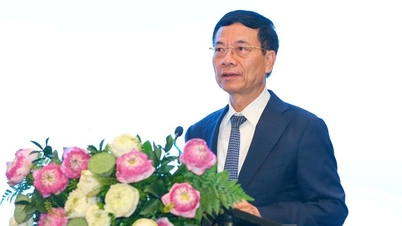






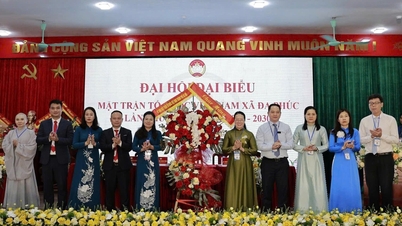

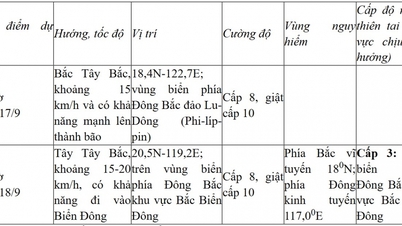

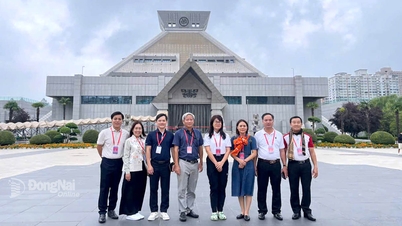



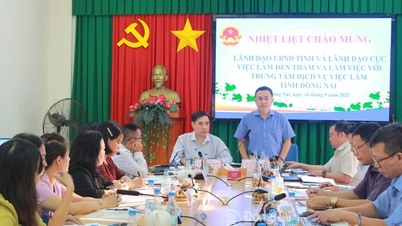







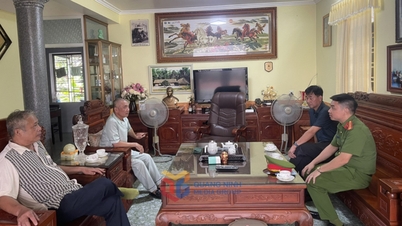


![[Photo] Prime Minister Pham Minh Chinh attends the closing ceremony of the exhibition of national achievements "80 years of the journey of Independence - Freedom - Happiness"](https://vphoto.vietnam.vn/thumb/1200x675/vietnam/resource/IMAGE/2025/9/15/a1615e5ee94c49189837fdf1843cfd11)






















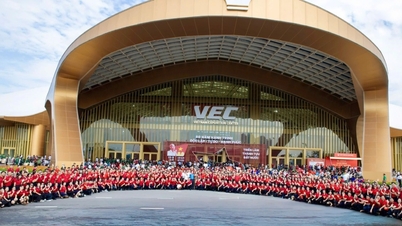




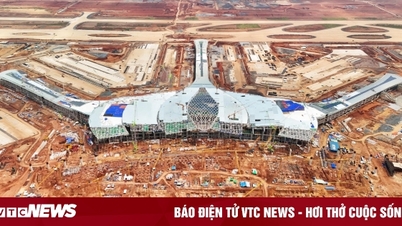






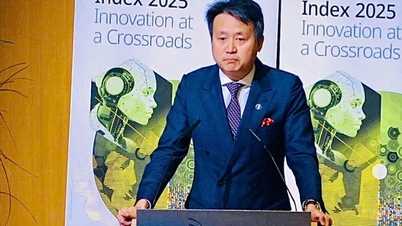



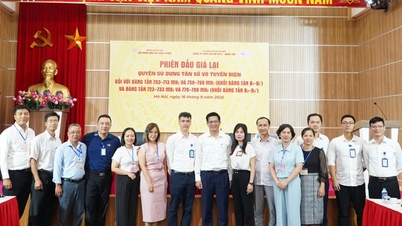







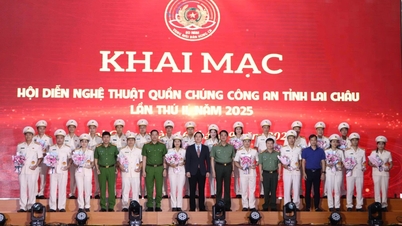











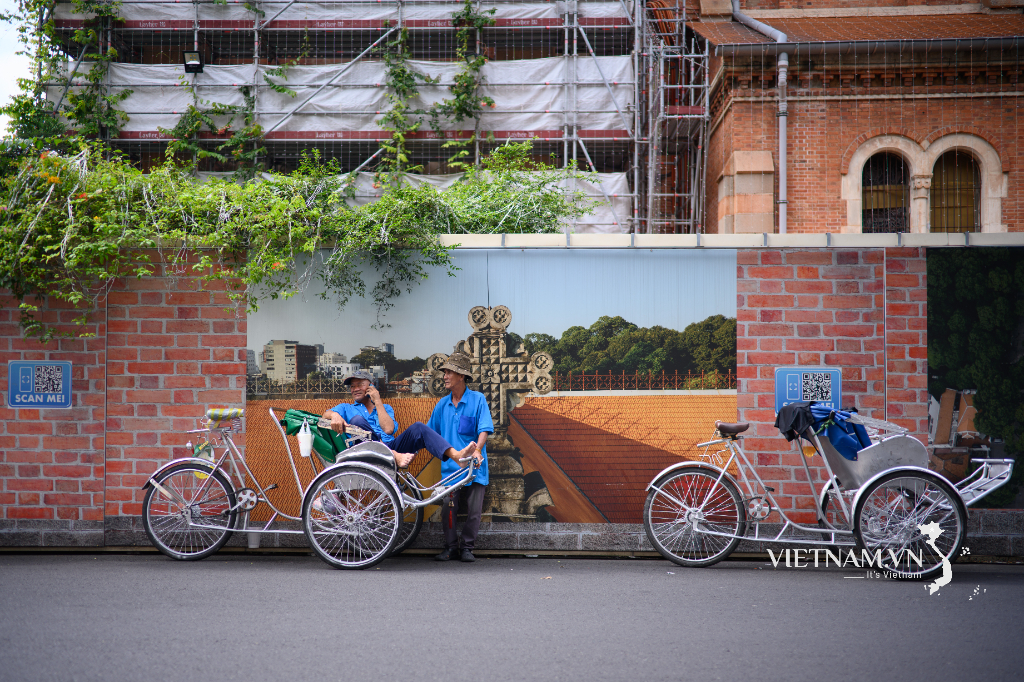



Comment (0)